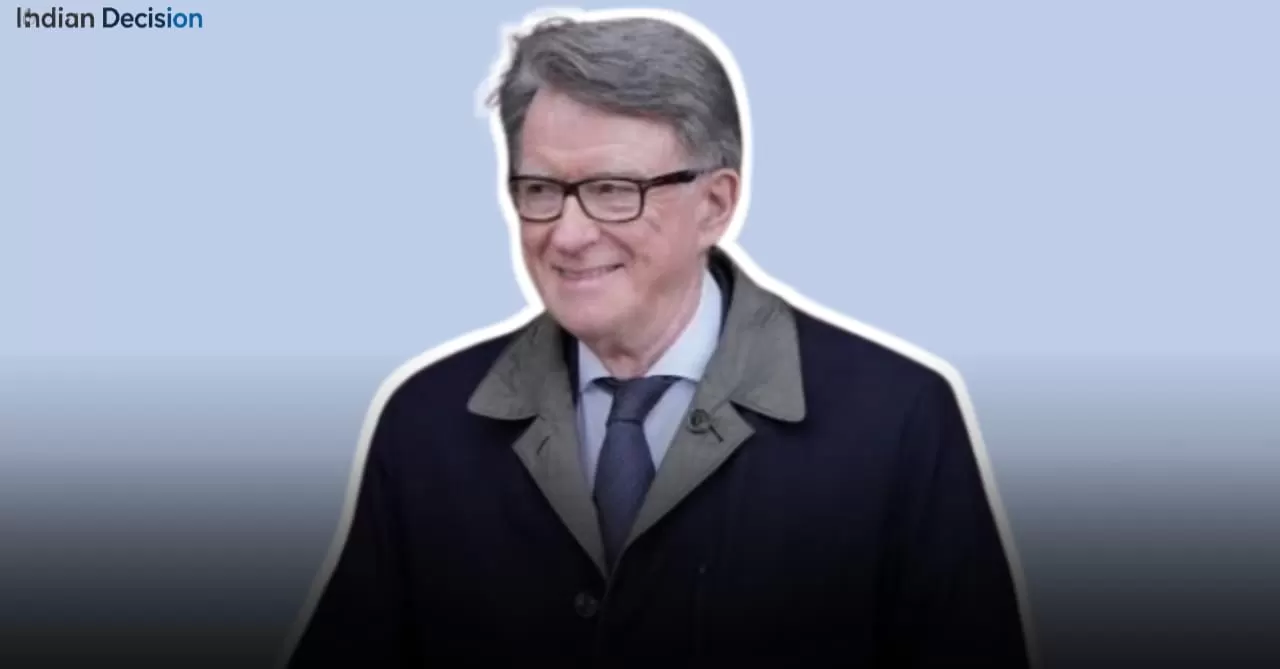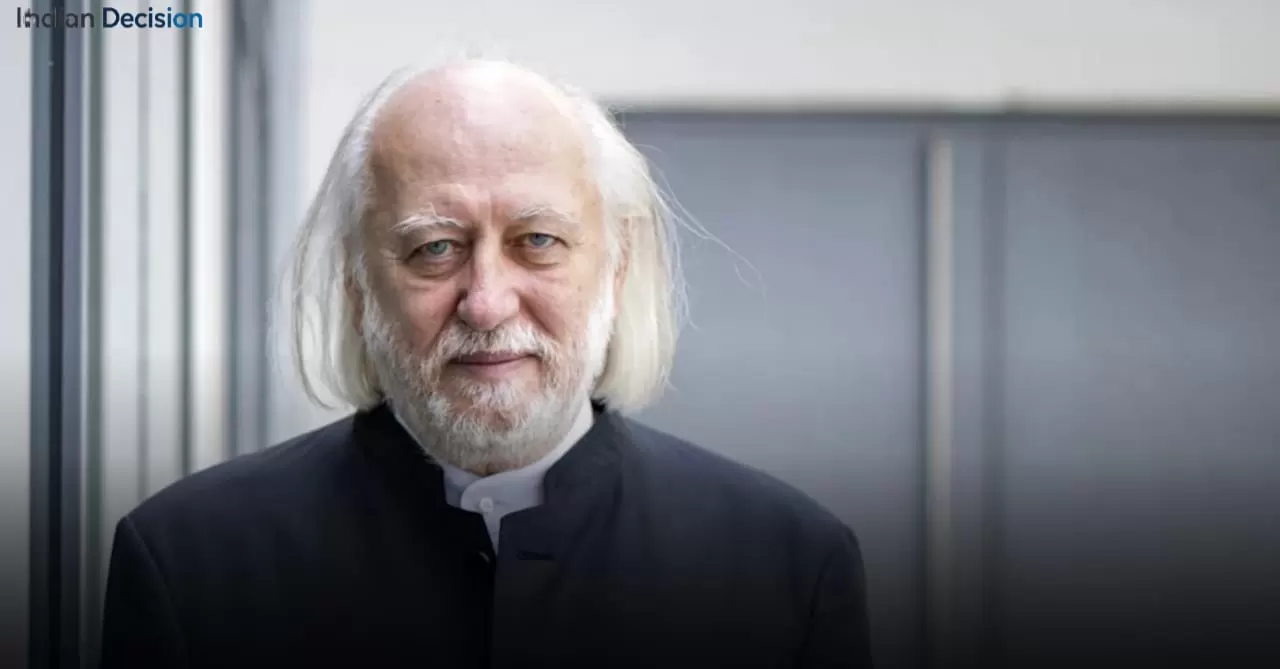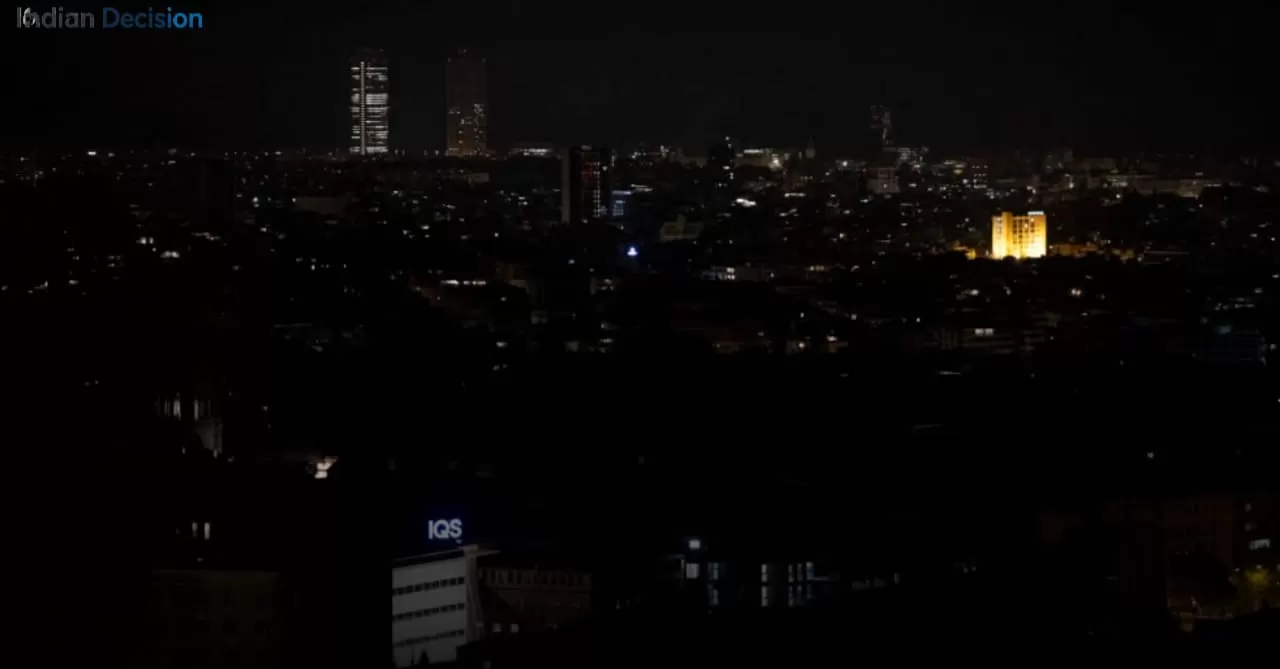Introduction: A Familiar Name Back in the Spotlight
On 11 September 2025, Westminster insiders were abuzz with speculation that Peter Mandelson, better known as Lord Mandelson, may be poised for a return to frontline public life. Reports circulating in political circles suggest that Mandelson is being considered for the highly influential role of UK ambassador to the United States. If confirmed, the move would represent both a personal resurgence for Mandelson and a strategic choice for Prime Minister Keir Starmer as he navigates Britain’s foreign policy in a turbulent global climate.
Who Is Peter Mandelson?
Mandelson is no stranger to British politics. A founding architect of “New Labour,” he played a crucial role in shaping the political machine that propelled Tony Blair to three successive election victories. Known for his sharp strategic mind and ability to manage messaging, he earned the nickname “the Prince of Darkness” from both admirers and detractors. His career included stints as Secretary of State for Northern Ireland, Trade and Industry Secretary, and Business Secretary, along with his prominent role in the European Commission.
Over the decades, Mandelson has been both admired and mistrusted, lauded as a master strategist while criticized for his closeness to powerful business interests. His potential appointment to Washington signals that his skills in negotiation, persuasion, and international networking remain valued at the highest levels of government.
Why Washington Matters More Than Ever
The position of UK ambassador to the United States is one of the most prestigious and sensitive in the diplomatic corps. The role is not simply ceremonial; it requires navigating complex issues ranging from defense cooperation to trade disputes, climate policy to tech regulation. For Starmer, selecting the right ambassador could help him reset Britain’s international reputation after years of political turbulence.
Washington is also a city that thrives on connections. Mandelson’s long-standing relationships with American political elites, business leaders, and think tanks could give Britain a much-needed edge. His past work in Brussels also makes him uniquely positioned to explain the dynamics of post-Brexit Britain to U.S. policymakers, many of whom remain puzzled by Britain’s evolving relationship with Europe.
Keir Starmer’s Calculated Gamble
Keir Starmer, who led Labour back into power in the July 2024 general election, has worked to balance continuity with change. Bringing Mandelson back into a high-profile role is not without risks. Starmer has promised a “clean break” from some of the controversies of the past, yet Mandelson’s career has often been shadowed by criticism and scandal.
However, Starmer may be betting that the benefits outweigh the drawbacks. By choosing Mandelson, he signals seriousness about restoring Britain’s standing abroad, particularly in Washington, where credibility and influence are currency. Mandelson’s reputation as a pragmatist and power broker could help Britain re-establish itself as a steady partner in the eyes of U.S. leaders.
The Case for Mandelson
- Experience: Mandelson’s long history in government and diplomacy gives him rare insight into both European and global politics.
- Connections: His network spans political parties, industries, and international organizations.
- Strategic Thinking: As a master tactician, Mandelson could help navigate the intricacies of U.S. politics during a polarized election season.
- Message Control: He has a proven ability to shape narratives a vital skill for defending Britain’s interests abroad.
The Risks and Criticisms
Critics argue that Mandelson represents the past rather than the future. His career is associated with the spin-heavy politics of the Blair years, a style many voters have grown weary of. There are also concerns that his ties to big business could raise questions about conflicts of interest. For Starmer, whose government has pledged transparency and accountability, such criticisms could become political liabilities.
Furthermore, the role of ambassador requires not only political savvy but also diplomacy that transcends partisan loyalties. Some observers wonder whether Mandelson, who has always thrived in partisan battle, can adjust to the subtler demands of international diplomacy.
US-UK Relations at a Crossroads
Mandelson’s potential appointment comes at a pivotal moment. The United States is heading into a contentious 2026 midterm election season, with foreign policy increasingly shaping domestic debate. Issues such as NATO funding, the war in Ukraine, and trade tariffs are all pressing concerns. Britain, meanwhile, is still finding its footing outside the European Union while trying to reassure allies of its global reliability.
An ambassador with Mandelson’s stature could help Britain punch above its weight, ensuring that London’s voice is not drowned out in Washington’s crowded corridors of power.
What This Means for Labour
If Mandelson does take up the role, it will also reflect on Keir Starmer’s leadership style. Some Labour MPs may grumble privately about recycling old faces, but others see it as evidence of pragmatism. For Starmer, sending Mandelson to Washington may free him to focus on domestic reforms while ensuring foreign relations are managed by someone he trusts to deliver results.
Today’s Update: 11 September 2025
As of this morning, Downing Street has neither confirmed nor denied reports about Mandelson’s possible appointment. Sources close to the Foreign Office suggest that discussions are “ongoing,” while Labour insiders describe Mandelson as “well placed” for the role. Washington-based analysts, meanwhile, have reacted with a mix of curiosity and respect, noting that Mandelson’s reputation for shrewd negotiation could be an asset at a time when U.S.-UK relations require steady handling.
Should an official announcement come in the coming weeks, it would mark one of the most significant diplomatic appointments of Starmer’s tenure so far. The question, however, is whether Mandelson’s past will overshadow his future and whether the American political establishment is ready to embrace a figure so closely tied to Britain’s Labour revival of the 1990s and 2000s.
Looking Ahead
For now, speculation will continue to swirl. Mandelson has not publicly commented on the reports, maintaining a deliberate silence. Those who know him suggest that he is weighing the opportunity carefully, mindful of both the prestige and the scrutiny such a role would bring. If he accepts, the appointment could prove one of the defining moves of Starmer’s foreign policy and a reminder that in British politics, few figures are ever truly finished.
Conclusion
Whether or not Lord Mandelson becomes the next UK ambassador to the U.S., the very fact that his name is being discussed highlights his enduring influence. More than two decades after shaping Labour’s rise to power, he remains a figure who commands attention at the heart of political debate. For Starmer, the decision will be a balancing act: rewarding experience without alienating those who want a new chapter. For Mandelson, it could be the final act of a career that has always thrived on drama, strategy, and the relentless pursuit of power.







